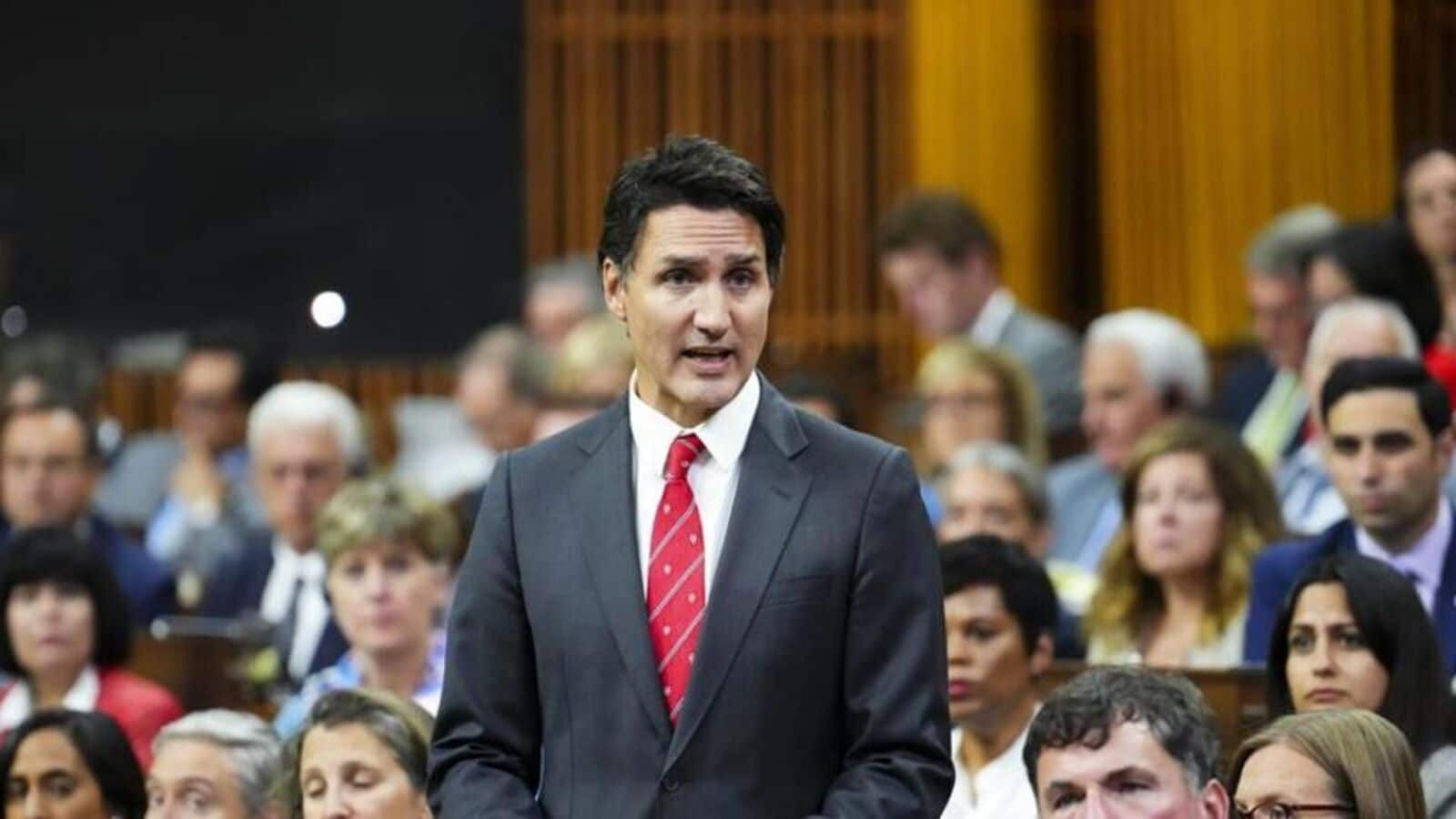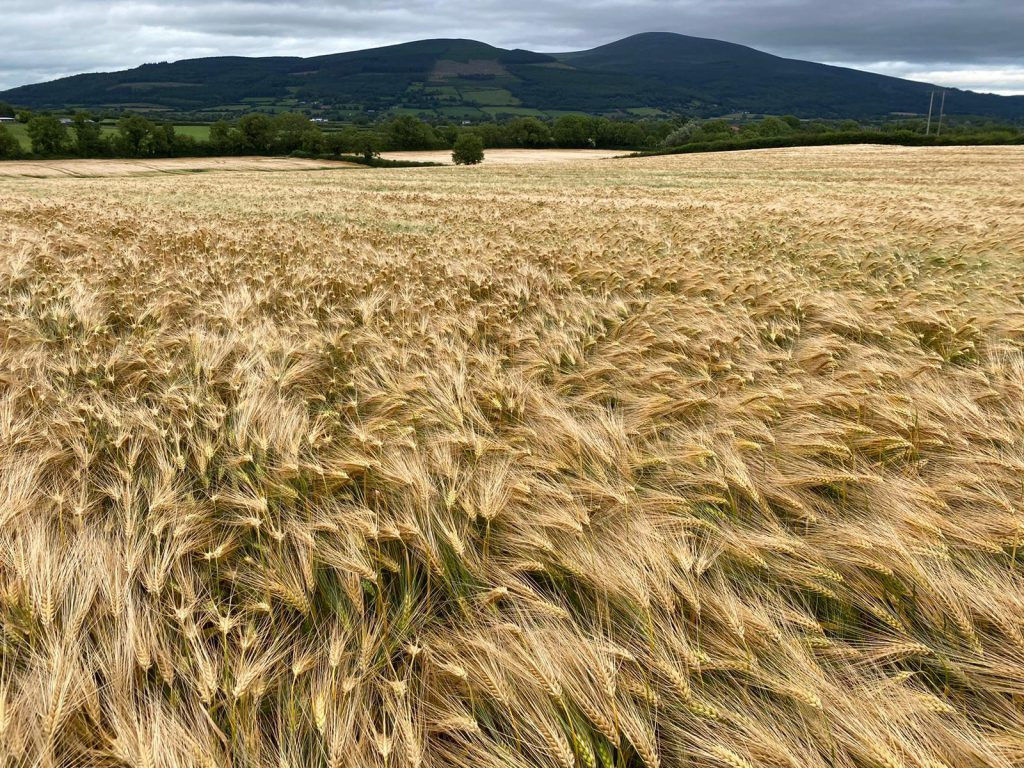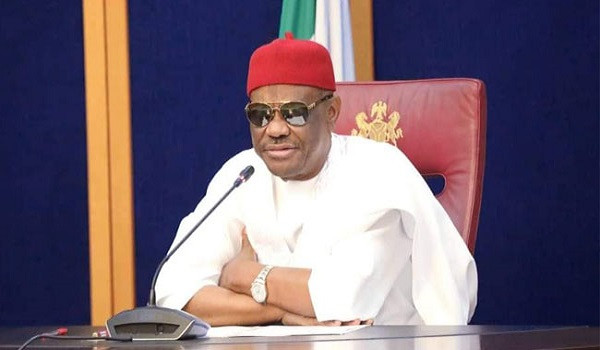Trudeau Survives Another Non-Confidence Vote: A Deep Dive into Canadian Politics
Conservative Leader Pierre Poilievre's repeated attempts to unseat Prime Minister Justin Trudeau's minority Liberal government through non-confidence votes have become a recurring theme in Canadian politics. His latest attempt, on Monday, once again fell short, highlighting the intricate power dynamics within Canada's Parliament and the pivotal role played by the New Democratic Party (NDP).
The Conservatives' motion cleverly leveraged NDP Leader Jagmeet Singh's previous criticisms of the Liberals' handling of labour issues. It aimed to garner enough support to topple the government by aligning with Singh's expressed concerns. However, the strategy failed. Singh, while critical of the Liberals, had already stated his unwillingness to collaborate with Poilievre in bringing down the government. This strategic decision by Singh proved decisive.
The NDP's Strategic Calculation: A Balancing Act
Last week, Singh had explicitly ruled out support for Poilievre's motion. His reasoning, though not explicitly stated in the motion itself, suggested the NDP wouldn't participate in a Conservative power grab. The rejection was met with jeers from the Conservative benches as NDP MPs cast their votes against the motion.
Despite Singh's absence from the House chamber during the vote due to a prior meeting (he voted remotely), his stance was clear. He later clarified his party's position to reporters, emphasizing, "We're not going to vote in favour of any of their games because that's what (the Conservatives are) doing. They're playing games." This highlights the NDP's calculated strategy of maintaining a critical distance from both the Liberals and Conservatives, leveraging their influence to push their own agenda.
The NDP's Budgetary Demands
The NDP didn't merely act as a deciding factor in the non-confidence vote; they also introduced their own motions, demonstrating their proactive role in shaping the political discourse. An NDP opposition motion focused on permanently eliminating the Goods and Services Tax (GST) from what they term 'essentials.' This motion further called for expanding the Liberal government's proposed $250 "working Canadians rebate" to include vulnerable populations, namely fully retired seniors and individuals dependent on disability benefits. These payments are contingent on legislative approval, anticipated this spring.
The NDP motion, supported only by themselves and the Green Party, was defeated. Despite this defeat, it illustrated the NDP's agenda-setting power and their ability to extract concessions from the governing Liberals in order to maintain their position in a minority government.
Hamilton East--Stoney Creek Liberal MP Chad Collins' lone support for the NDP motion within the Liberal caucus is further evidence of the cracks that may be emerging within the party, indicating the pressure Trudeau is under from multiple sides.
The Liberals' Response and Future Negotiations
The Liberals' initial proposal for the federal sales tax holiday and the rebate had been packaged together; however, this approach was altered after the NDP explicitly stated that they would withhold support for the rebate unless the proposed expansion was included. This highlights the crucial role the NDP is playing, forcing the Liberals to adapt and negotiate.
Singh's openness to further negotiation underscores his continued leverage. "So I want to see it improved. How that's done, we're very flexible, but it has to be improved. Seniors have to get it, people living with disabilities have to get it, a mom trying to raise her kid should get it," Singh stated. This flexibility suggests a willingness to compromise while still holding firm on key principles, strengthening the NDP's position in subsequent negotiations.
The proposed payments would cover all working Canadians with an annual income under $150,000, impacting an estimated 18.7 million people and costing nearly $4.7 billion. This significant financial outlay further highlights the influence the NDP wields.
The Conservatives' Next Moves and the Future of the Canadian Government
The Conservatives will continue to challenge Trudeau's government, having planned their final opposition motion for the current sitting on Tuesday, following question period. Another motion proposes removing the GST from new homes priced under $1 million, encouraging premiers to adopt similar measures for their provincial sales taxes. This continuous series of challenges indicates the Conservatives' intention to maintain their aggressive stance against the government.
Tuesday's voting session is projected to extend late into the evening, and a separate vote on government supplementary estimates, requesting $21.6 billion for programs like housing, dental care, and the national school food program, is scheduled. The failure of this vote could severely impact funding for veteran benefits and natural disaster assistance.
The political landscape remains volatile. The defeat of the non-confidence vote is a temporary reprieve for Prime Minister Trudeau, but the NDP's active role and the Conservatives' sustained pressure signal an ongoing struggle for power and influence within the Canadian government. The coming weeks and months will be crucial in determining the stability and future direction of Canadian politics.
The Unexpected Turn: A Political Earthquake
While the recent non-confidence votes have dominated the headlines, another event is shaking the foundations of Canadian politics: the Conservative victory in the Toronto-St. Paul's byelection. Don Stewart's stunning win, a significant upset against the Liberals, is sending ripples throughout both parties, highlighting the shifting political landscape and the potential for further surprises before the next federal election. The implications of this outcome are yet to fully unfold but it will certainly contribute to the political tension leading up to next year's expected federal election. The ongoing political maneuvering continues to shape the narrative of Canadian politics, impacting policy decisions, government stability, and the overall direction of the country. The next few months will be decisive for the country's future. The upcoming election will truly prove what the people want.

















